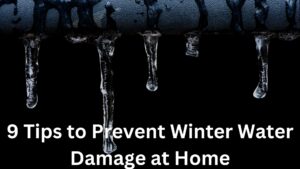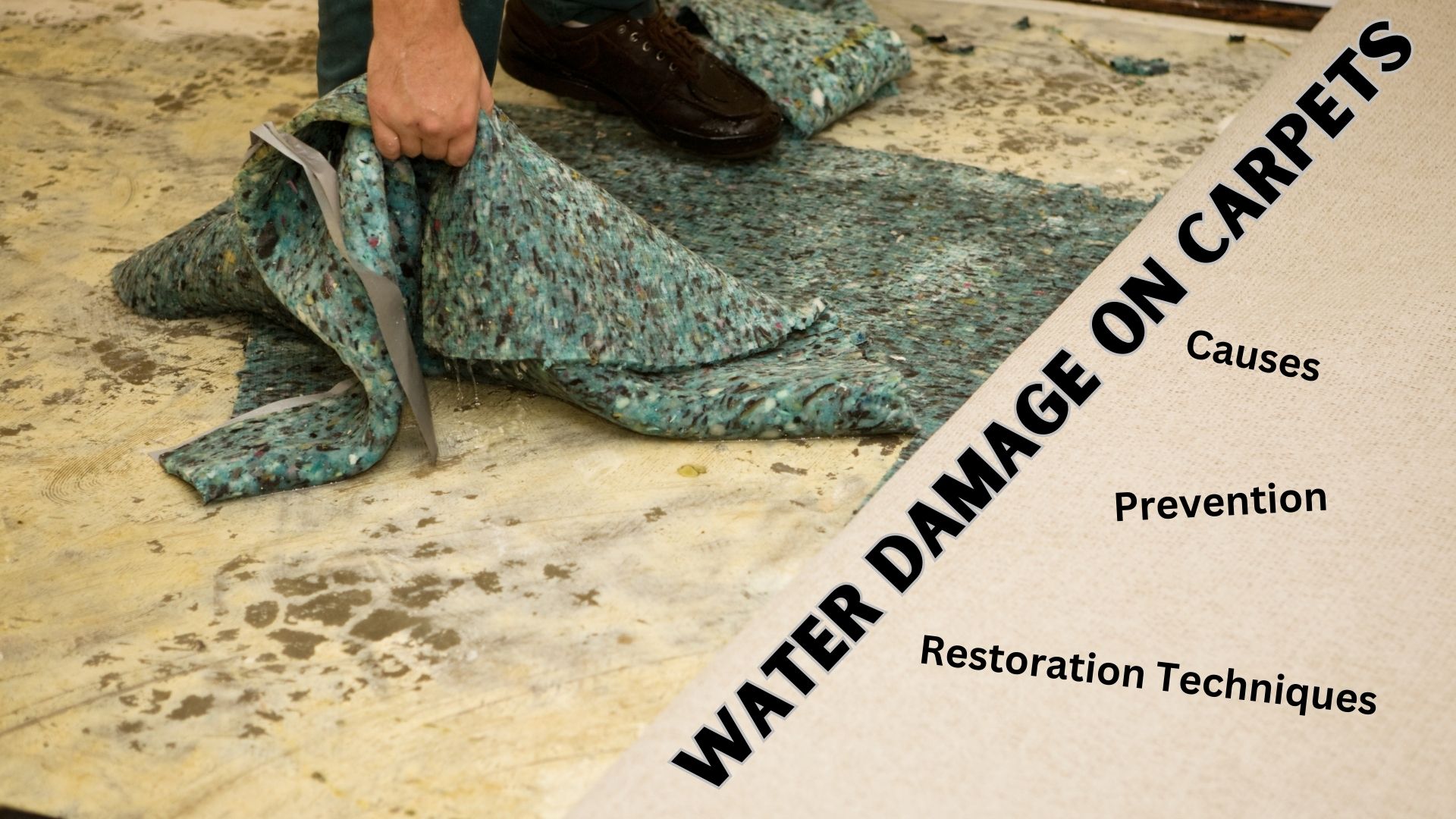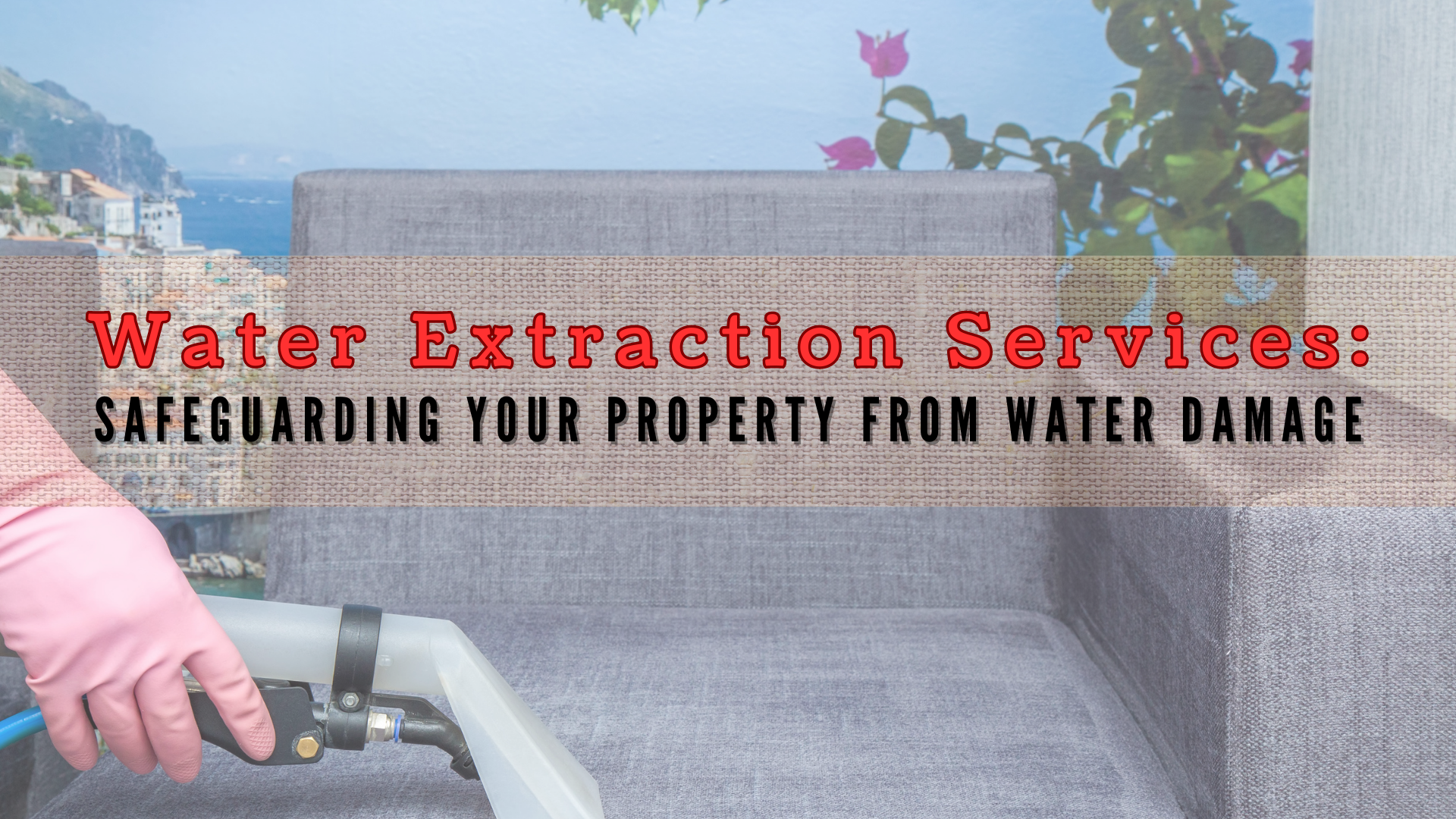Learn ways to prevent winter water damage in this article.
Winter is the perfect time to get snuggly warm and comfortable and enjoy the magnificence of the season. However, when the temperature is below the freezing point, there are susceptible areas of your property that are subject to potential problems. Winter can stretch your home to its limits. There’s no escape from it even from the pipes in your kitchen or bathroom to your concrete driveway. Every homeowner will have to fix it when springtime comes or further damage will havoc your house due to water damage.
How To Prevent Winter Water Damage
Winter in Murrieta will be cooler and drier than normal this year. According to WeatherSpark, the cool season lasts for 4 months, from November 23 to March 22, with an average daily high temperature below 69°F. The winter season can start to ruin your home. Homeowners should be keen on preventing future problems caused by winter. Below are some common problems and some tips on how to prevent them:
1. Frozen pipes
Frozen pipes that are in badly insulated areas of your home will usually result in leaks and can cost a lot to fix. Many homes suffer grave damage due to frozen pipes that burst and cause damage to floors, walls, and even furniture. To prevent frozen pipes, allow warmer air to circulate by opening kitchen and bathroom cabinet doors. Also, allowing cold water to drip from the faucets helps prevent the pipes from freezing.
The thermostat should be set to the same temperature the whole day. The heating costs may increase, but pipes will be less likely to freeze and burst.
2. Ice dams and leaks on the roof
Small openings between roofing materials can create bigger problems in the winter, especially in extreme temperatures that can cause expansion and contraction. To prevent an ice dam from forming, make sure that any gaps in the roof or attic that permit hot air to escape from your home are sealed and tightly closed. When the weather is warm, watch out for water stains, missing caulk, loose shingles, or nails that extend into an attic space. Moreover, to prevent winter water damage, cleaning gutters and breaking up piles of ice that start to form on your roof will help prevent ice dams.
3. Mold Appearance
Possible mold growth can be seen near insulated vents in rooms, bathrooms, laundry rooms, or exterior walls, causing extensive damage to drywall and ceilings. Using a dehumidifier in problem areas of your house, as well as removing carpet from areas that are moist or humid can prevent mold from infesting your home. Also, checking for early signs of mold growth in your home can save you a lot of headaches.
4. Falling tree branches
Winter storms, strong winds, and ice storms can make the branches of trees, like the white pine, break and fall causing damage to your home. Experts suggest cutting and removing overhanging branches that could damage your home once a tree falls. Another solution would be bracing tree trunks with cables fastened to stakes around the tree.
5. Issues with chimneys
Creosote starts to form inside your chimney when the temperature is low. According to The Chimney Safety Institute of America, creosote is formed when smoke, water vapor, gases, wood particles that are unburned, hydrocarbon, tar fog, and different minerals exit and flow up into the cooler chimney. This substance is exceedingly flammable and if no proper chimney maintenance, it could result in a chimney fire. Check the outer part of your chimney for any warping, cracks, or discoloration from smoke before winter arrives. Your chimney should be inspected and repaired on a regular basis to prevent the fire from wrecking your home.
Other Safety Tips to Prevent Winter Water Damage
- Consider purchasing sewage backup coverage due to heavy rains and melting snow that can overload the stormwater system. This can cause sewage or water to back up into the home.
- To prevent winter water damage, annually check the water supply lines for leaks. Examples of appliances that can leak are washing machines, refrigerators, water heaters, etc.
- Detach or disconnect outdoor hoses when not in use. This will create an obstruction that can cause backflow and will prevent water from freezing.
- When a water problem occurs, place water leak detectors near water-bearing fixtures, beneath or at the back of the pipes, and on sump pumps.
Prevent Winter Water Damage with Superior Restoration Experts
Following the tips above can help you protect your property and prevent water damage.
Contact a professional water damage restoration company to ease your worries this winter! Our staff, with superb expertise, will help you quickly return your home to its pre-damaged condition. Please don’t hesitate to call Water Damage Murrieta, we respond immediately and are open for 24 hours.





